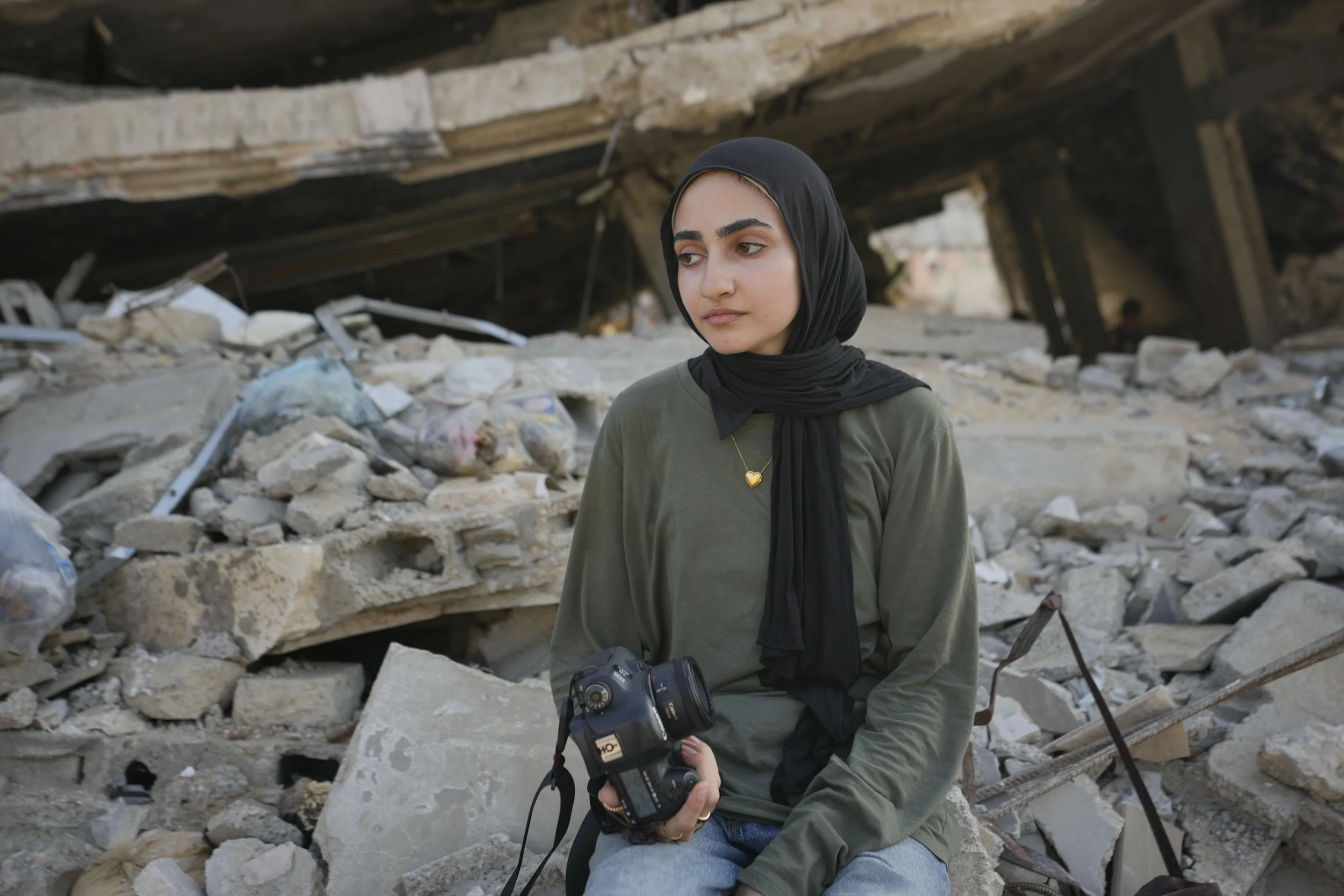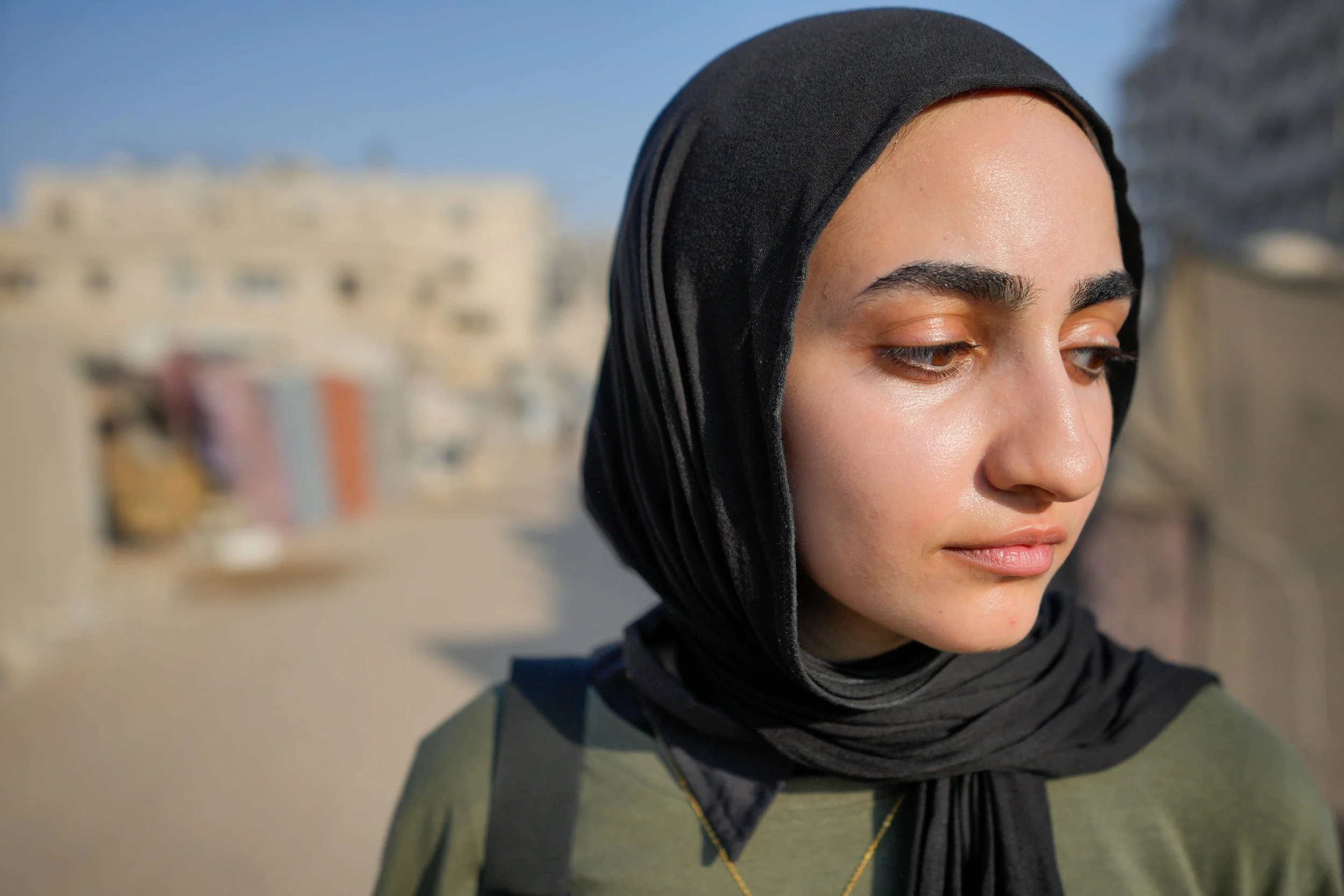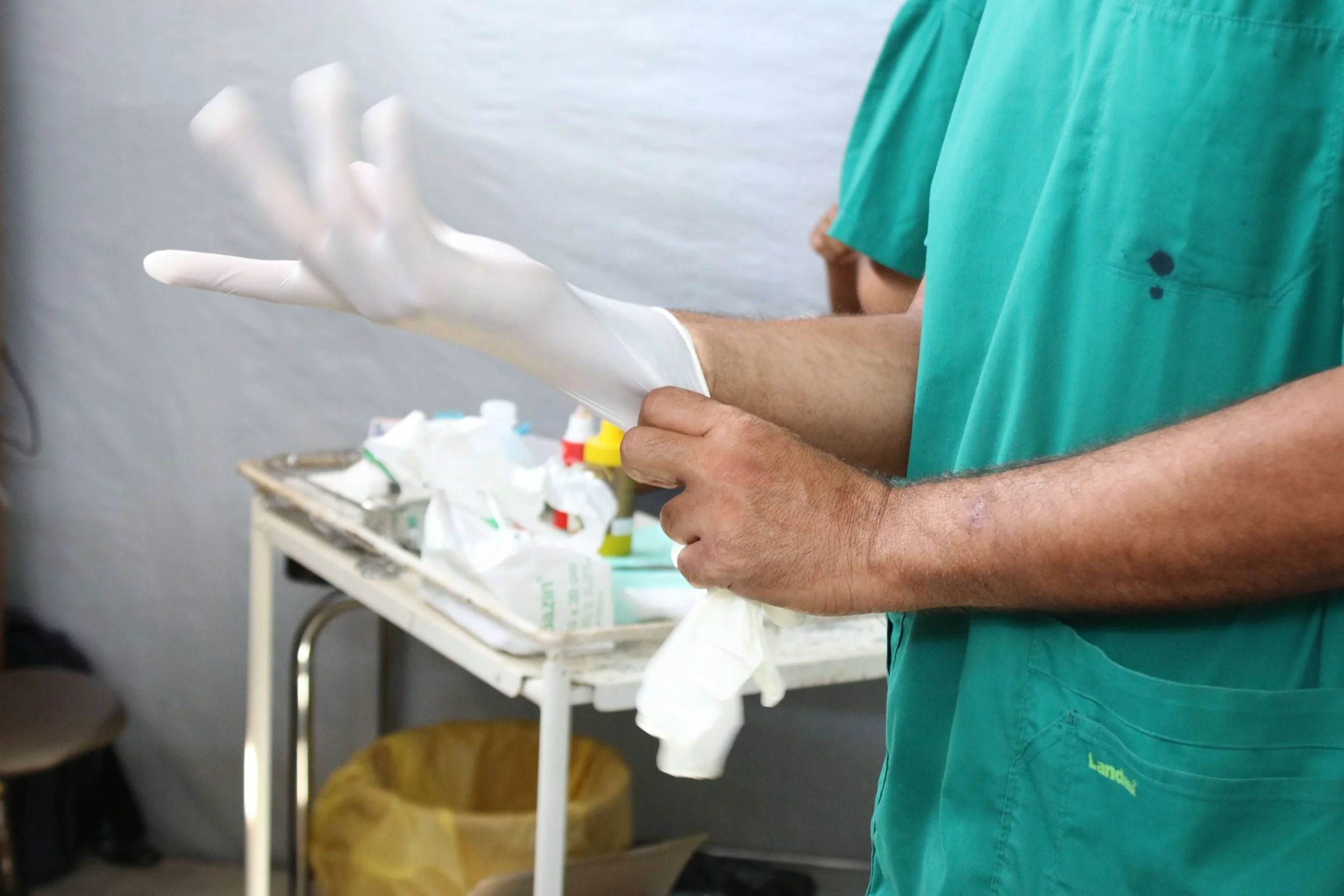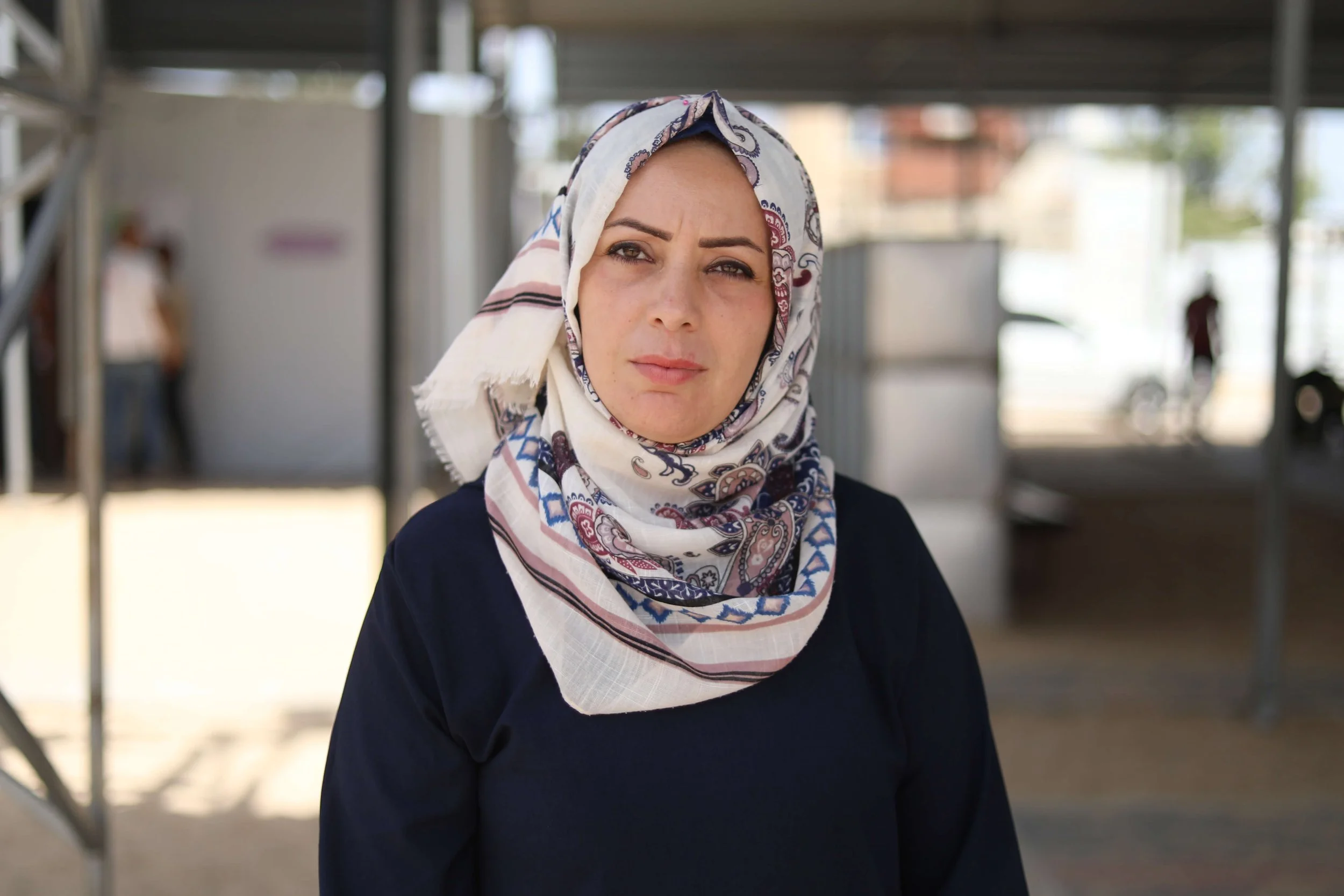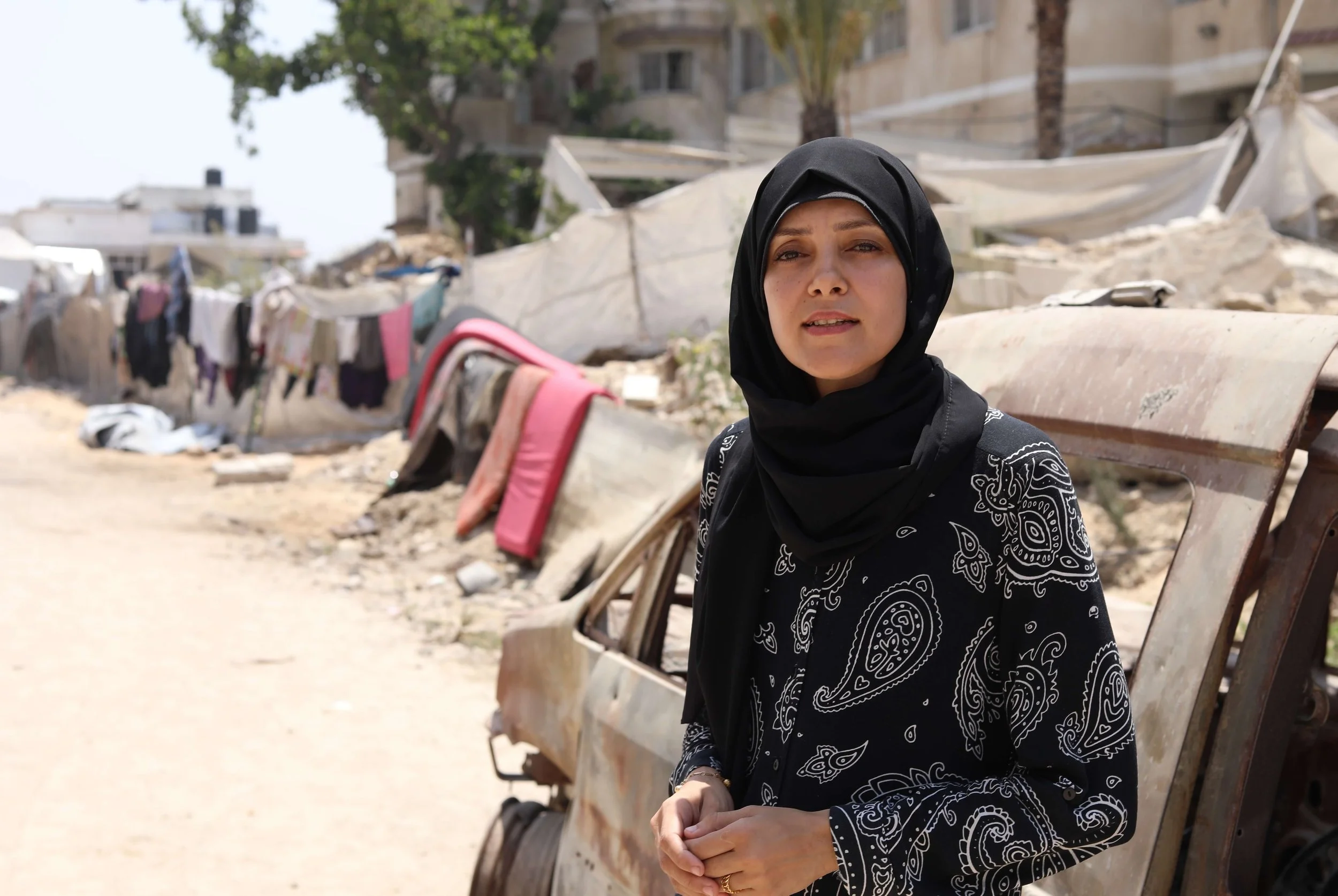Gaza
"At one point, I hated Gaza. I just wanted out. I wanted to study in America and be this big director. I wanted to win an Oscar. All my dreams were overseas. I think I was just mad at how besieged Gaza was—it limits you in so many ways. Some of the men here are so narrow minded. I wanted to throw them all out of Gaza so that they could see the world, and then bring them back, with different views, and different thoughts. But there’s also a brilliance to the people here. Because it would take decades of research to learn what our trauma forces upon us at a very young age. You don’t have the privilege of disassociating from reality. You cannot ignore this shit. The drones, the rubble, the blood, the children fighting for food and water. It’s all around you. A white person living in Europe is able to say they don't care about politics, because they’re not exposed to the firsthand effects. But if even one of the things that happen on a daily basis in Gaza, was to happen in the West, it would move nations. In political science class we used to learn about things like ethics, and human rights, and international law. But life in Gaza will teach you that these things are just propaganda. Propaganda that fooled us into believing that if only people knew what was going on, they'd stop it. It was this naive notion that led us, at least me and all of my friends, to film and document and speak and share on our stupid Instagrams. But I’ve lost the will. It’s too exhausting. Everyone has disassociated from our reality. We have nothing to eat, but we have these phones. We get to watch our international friends going about their days normally. Who are we even talking to? You cannot rely on the conscience and moral compass of those in power. We’ve tried for so long. It doesn’t work. You have to put pressure on them. You have to disrupt their systems. You have to move and mobilize and obstruct and protest and cost them things. It’s the only thing they listen to. Life in Gaza does teach you. For the longest time I wanted to leave, but now I don’t feel like I could bear living anywhere else in this world. Gaza feels like the only real place left on earth."
"One time we were playing in the yard of the school, and the gates were open, and the watchman, he was so precious, he was praying. So we packed our bags and ran for it. There were five of us girls. The watchman saw us and began to call us back, and all of them ran back, except for me. I kept running. The only thing is—I literally had nowhere to go. My uncles worked in the middle of the city. If I went there, they would see me. Nothing ever happens in Gaza City without everyone finding out and everyone talking about it. So I just went home. That’s the thing about this place; it’s the only place I feel like I belong, but it was always so suffocating. There wasn’t even space for a teenager to be rebellious. I think the craziest thing we did was paint on walls. Like all teenagers we were convinced that everything was so dark, and the world was ending. So we’d graffiti Pink Floyd and Cold Play lyrics onto walls: ‘Lights will guide you home.’ Meanwhile home is literally two blocks away, two streets away. The entire neighborhood is rubble now. Honestly I don’t even like to talk about the past because it feels like the world keeps begging us to prove that we’re human beings. And if we could only do that, if we could prove that we once lived in nice houses, and listened to Cold Play, then we could prove that we deserve to live and eat and exist and survive. I hate it. I hate pity so much, because it belittles the person you’re pitying. Please don’t feel sorry for me. Don’t feel sorry for us. We don't need you, I promise. We don't need anyone. We have farmers with farmlands, but they cannot harvest their own farmlands without being shot. We have fishermen who can collect fish from the sea, but they’re banned from using the sea. We have these beautiful, beautiful cuisines. We can feed ourselves. Just let us, we've reached that point. Just let us. Don’t feel sorry for us. Feel sorry for yourselves, that you're living in a country that is arming Israel, that is sending weapons overseas to kill children. Your bombs are killing children. If that bothers you, then don’t feel sorry for us. Feel sorry for yourself. That you don’t have enough of a say in your own country to stop it."
Nour Alsaqqa is the communications officer for Doctors Without Borders (MSF) in Gaza. When I first decided to do this series, the MSF main office warned me that the entire Palestinian staff was exhausted and traumatized. They told me: 'Let's try one interview and see how it goes.' By that, they meant: 'Let's try one interview and see what Nour decides.' Because Nour was the only member of the communications team in Gaza.
It was Nour that decided to dig in and turn this into a full series. It was Nour that was able to source all of these interviews, in the most difficult of conditions. And it was Nour that took it upon herself to take beautiful portraits of all the interview subjects, so their stories could be presented in the same style as those collected in New York City.
For these reasons Nour is, and will always be, the cocreator of this series.
